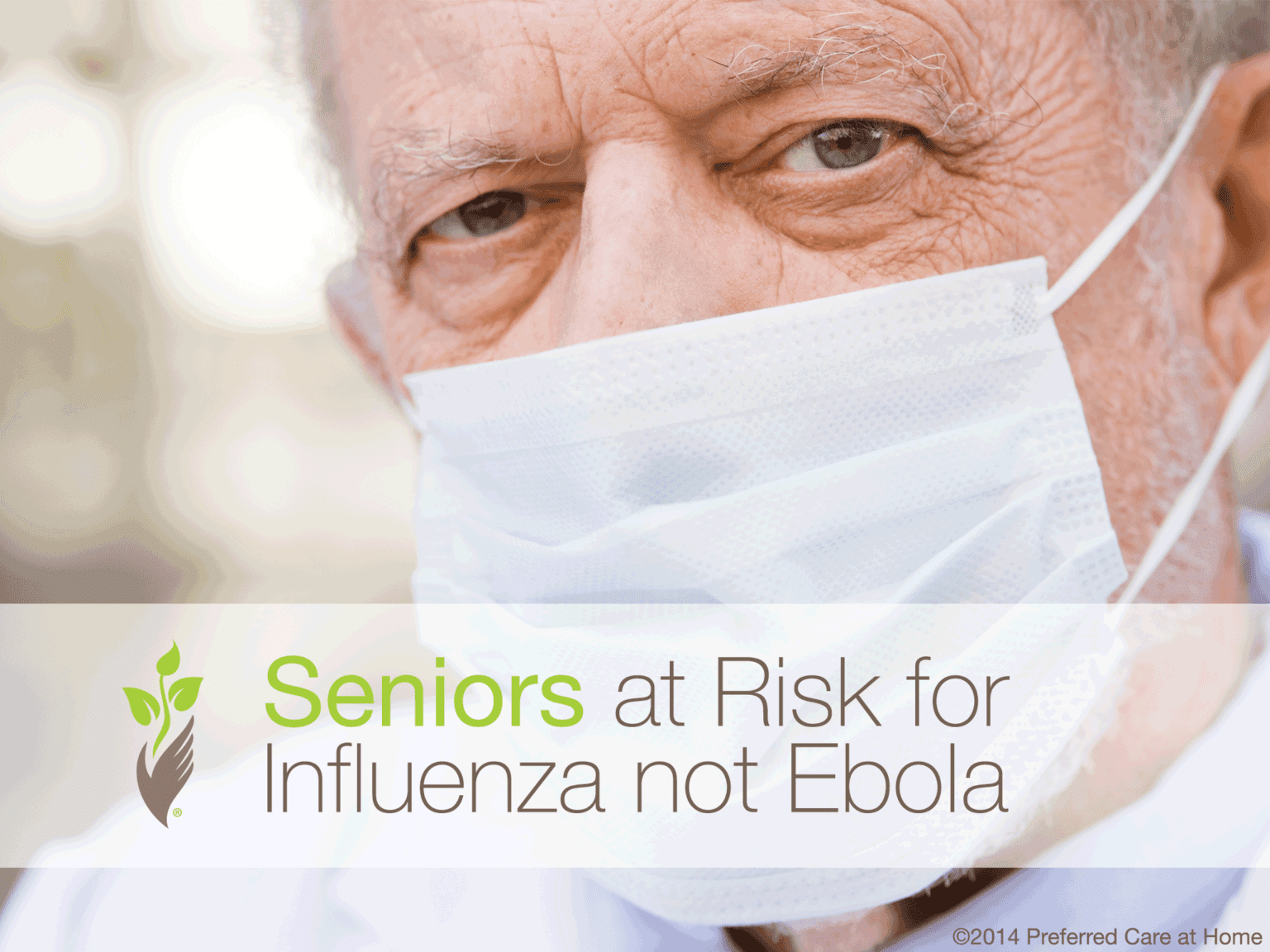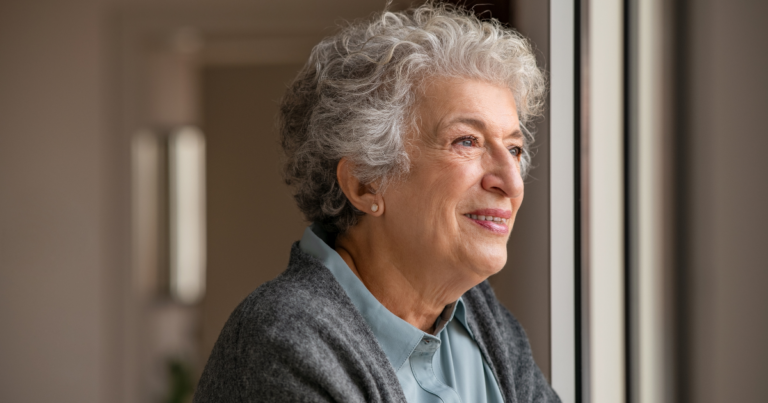Seniors at Risk for Influenza not Ebola
Published October 3, 2014 by Francesca Robinson, MA in Senior Health & Wellness

It is terrifying to watch the news talk about the Ebola virus. This virus has been largely confined to Africa, with Guinea, Liberia and Sierra Leone among the hardest hit, but the first United States Ebola diagnosis took place in Dallas, Texas and suddenly the virus is here and the fear is real. The CDC understands the concern of the American people and states, “We know how to stop Ebola’s further spread: thorough case finding, isolation of ill people, contacting people exposed to the ill person, and further isolation of contacts if they develop symptoms.”
This outbreak is hitting Africa hard with around 7,000 known cases and 3,500 resulting deaths according to the World Health Organization. This virus is terrifying, yet, in the United States, Ebola is not the illness to worry about. In fact, there is a much more common virus that doesn’t strike the same fear as Ebola, but has a much more devastating impact on our senior population in the United states: Influenza.
For the elderly, over the age of 65, the flu can pose a very serious and even deadly threat. The CDC estimates that around 90 percent of flu related deaths occur in the senior population. For all our preoccupation and concern over the Ebola virus, we are neglecting a virus that results in the hospitalization of around 200,000 people per year and thousands of deaths* and yet less than half of Americans have received the flu vaccine.
Fortunately, flu vaccines are available just about everywhere, and a quick trip to buy a few groceries could easily include your flu vaccine. And the best way to prevent against the flu is to get your flu shot.
As we age, our immune system weakens, putting the elderly at a greater risk of developing the flu. Medicare covers for one flu vaccine every flu season, so there is no excuse not to take the necessary precautions. There are two types of flu vaccines for seniors to choose from, the regular dose vaccine or a high dose vaccine designed specifically for older adults over the age of 65. Discuss these two options with your health care provider to find out which is right for you. Your health care provider may also recommend an additional vaccine– the pneumococcal vaccine to protect against pneumonia developing from influenza complications.
Get your flu vaccine, wash your hands frequently and stay away from those who are sick. If you start to develop flu like symptoms seek medical attention immediately to see if antiviral drugs would be beneficial for you.
Stop worrying about the Ebola virus in the United States, and start preparing for flu season.
For updates on the Ebola outbreak visit www.CDC.gov.
*According to the CDC : Over a period of 30 years, between 1976 and 2006, estimates of flu-associated deaths in the United States range from a low of about 3,000 to a high of about 49,000 people
If you have questions about senior home
care services or if you want to start care:
Related Posts

November 9, 2023
Celebrating Robert Louis Stevenson’s Birthday: Exploring the Legacy of ‘Jekyll & Hyde
Ashly Luckose, Esq.

November 3, 2023
Visiting Grandparents During the Holidays: Preparing Kids with Books on Aging
Gina Farmer

October 19, 2023
Preventing Osteoporosis: Essential Tips for Stronger Bones Post-Menopause
R. Bradley Robinson, M.D.
Helping seniors age in place, with dignity & grace.